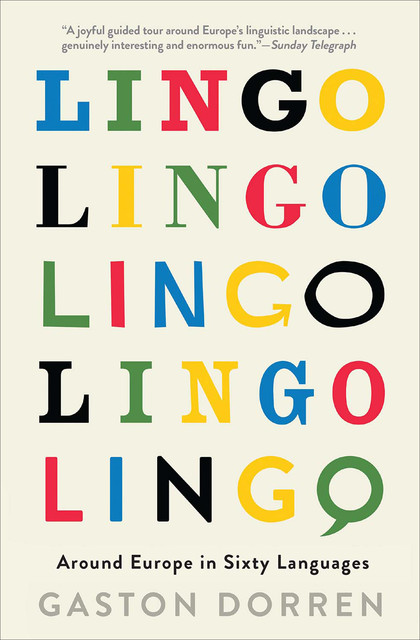Dieses Buch ist zurzeit nicht verfügbar
303 Druckseiten
- Ursprüngliche Veröffentlichung
- 2015
- Jahr der Veröffentlichung
- 2015
- Verlage
- Grove Atlantic, Atlantic Monthly Press
Ersteindruck
- MVhat einen Ersteindruck geteiltvor 5 Jahren👍Lesenswert💡Viel gelernt
Zitate
- hrbhat Zitat gemachtvor 6 JahrenThe core of the controversy can be summed up in one question: how Danish should Norwegian be? This issue has been hotly contested for some two hundred years. In 1814 Norway broke away from Denmark, becoming effectively an independent nation, though full and official independence didn’t come until 1905. But there was a problem. Under Danish rule, the Norwegian language, which in the Middle Ages had set the tone in all of Northern Europe, had been squeezed into a tight cor
- hrbhat Zitat gemachtvor 6 JahrenCyrillic script, discussed in the previous chapter, and which is used not just in Russian but also in Bulgarian, Macedonian, Ukrainian, Ossetian, Serbo-Croatian (in part, anyway) and Belarusian
- hrbhat Zitat gemachtvor 6 Jahrenthe ‘hard sign’ is even more marginal, and is usually left out when transcribing Russian into the Latin alphabet. The soft and hard signs together are called the two yers.
Group 2: sibilants (hissing noises)
This is where things get really Slavic. Most of these letters are derived from the Glagolitic alphabet (see p.245).
Ц (TS) as in tsunami. In many languages ‘ts’ is perceived as one sound. In German it’s written as z, in Czech and Hungarian as c.
Ч (CH) as in chicken.
Ж (ZH) sounds like the middle consonant in measure.
Ш (SH) as in bush or shirt.
Щ (SHTSH) in spite of the five-character transcription, in modern Russian it sounds like a long ‘sh’, as in bush-shirt.
Group 3: the ‘mirrored R’
Я (YA) as in yard. Though at least two Cyrillic letters (Э and Ю) underwent mirroring at some point in history, Я did not originate as a mir
fb2epub
Ziehen Sie Ihre Dateien herüber
(nicht mehr als fünf auf einmal)


